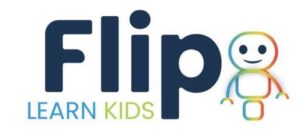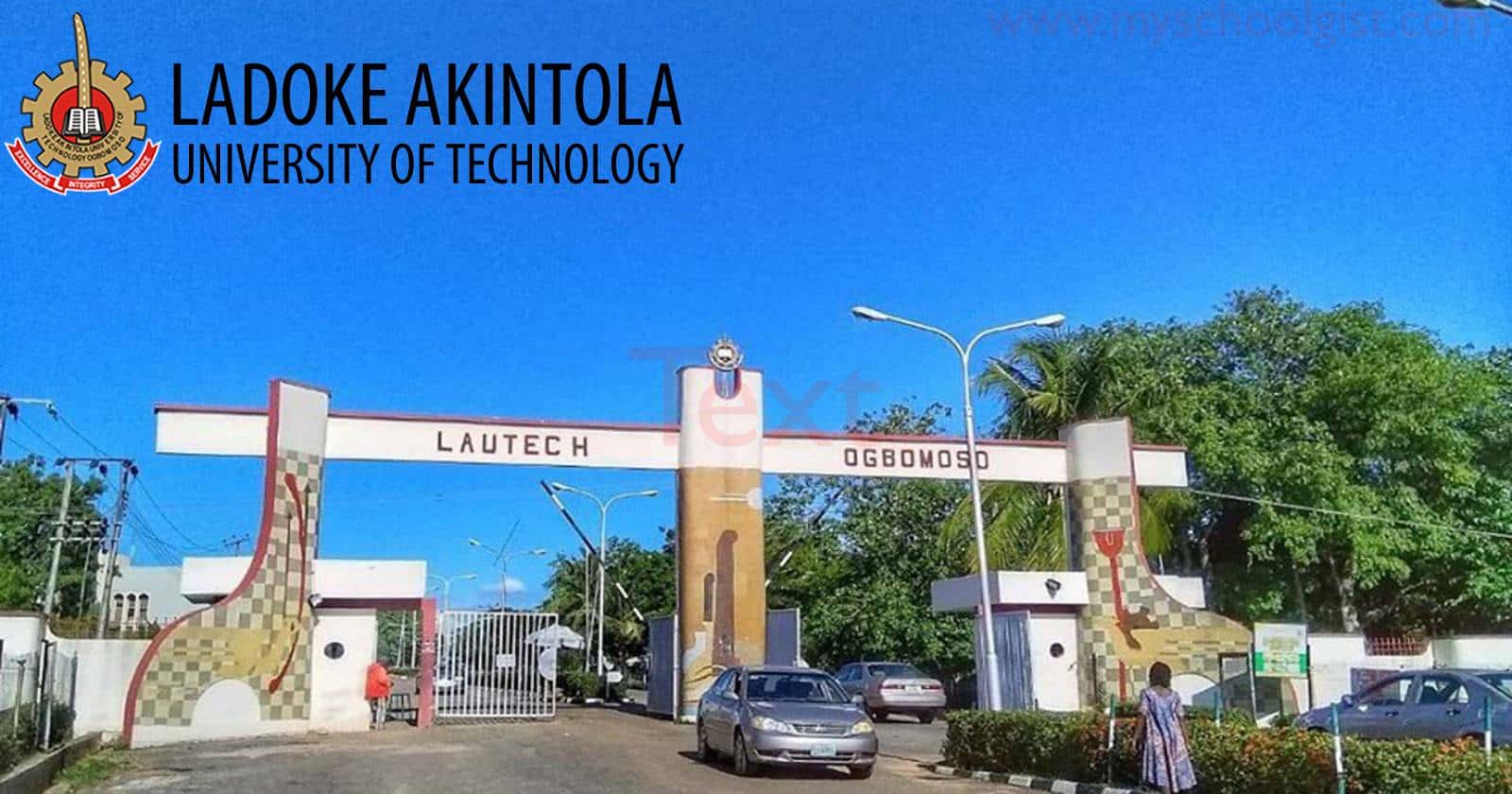Dive Brief:
- North Dakota became the first state to require cybersecurity education for all K-12 students following Gov. Doug Burgum’s signing of HB 1398 on Friday.
- To graduate from a North Dakota high school, the law requires students to take at least one course in computer science or cybersecurity.
- Additionally, schools and districts in the state must develop and approve a computer science and cybersecurity integration plan that introduces a foundational knowledge of these topics by July 1, 2024.
Dive Insight:
North Dakota’s cybersecurity education law is a major step forward for its PK-20W Initiative, which is a concerted effort among three of its state agencies to ensure every citizen is cyber-educated.
The law also builds on North Dakota’s success in becoming the first state to adopt cybersecurity and computer science standards for every grade level.
“Our vision is to integrate and underscore the importance of computer science and cybersecurity instruction into the classes our students take as they move through our K-12 system,” said North Dakota School Superintendent Kirsten Baesler in a statement.
The cybersecurity education law also says the state’s department of public instruction will facilitate a $300,000 grant program awarding school districts, career and technology centers, libraries and adult education centers for offering computer science and cybersecurity courses to adults between July 1, 2023, and June 30, 2025.
The initiative comes at a time when the cybersecurity workforce is in dire need of professionals — especially in schools and districts, which face growing threats and have become prime targets of cybercriminals. Building and diversifying the pipeline for cybersecurity staff is one of several goals in the White House’s National Cybersecurity Strategy, which plans to continue funding the Cybersecurity and Infrastructure Security Agency’s Cybersecurity Education and Training Assistance Program.
As the cybersecurity workforce issue worsens in the education sector, major school systems like Los Angeles Unified School District and Minneapolis Public Schools have faced significant cyberattacks that led to files containing sensitive student information being leaked by ransomware gangs.
Baesler previously told K-12 Dive in November that training students in the cybersecurity field will provide more opportunities for them to help serve their communities. When she speaks with students throughout North Dakota, she said, she tells them they could be “a soldier of defense on the front lines,” which could include protecting data in schools or other public sectors.






Leave a Reply